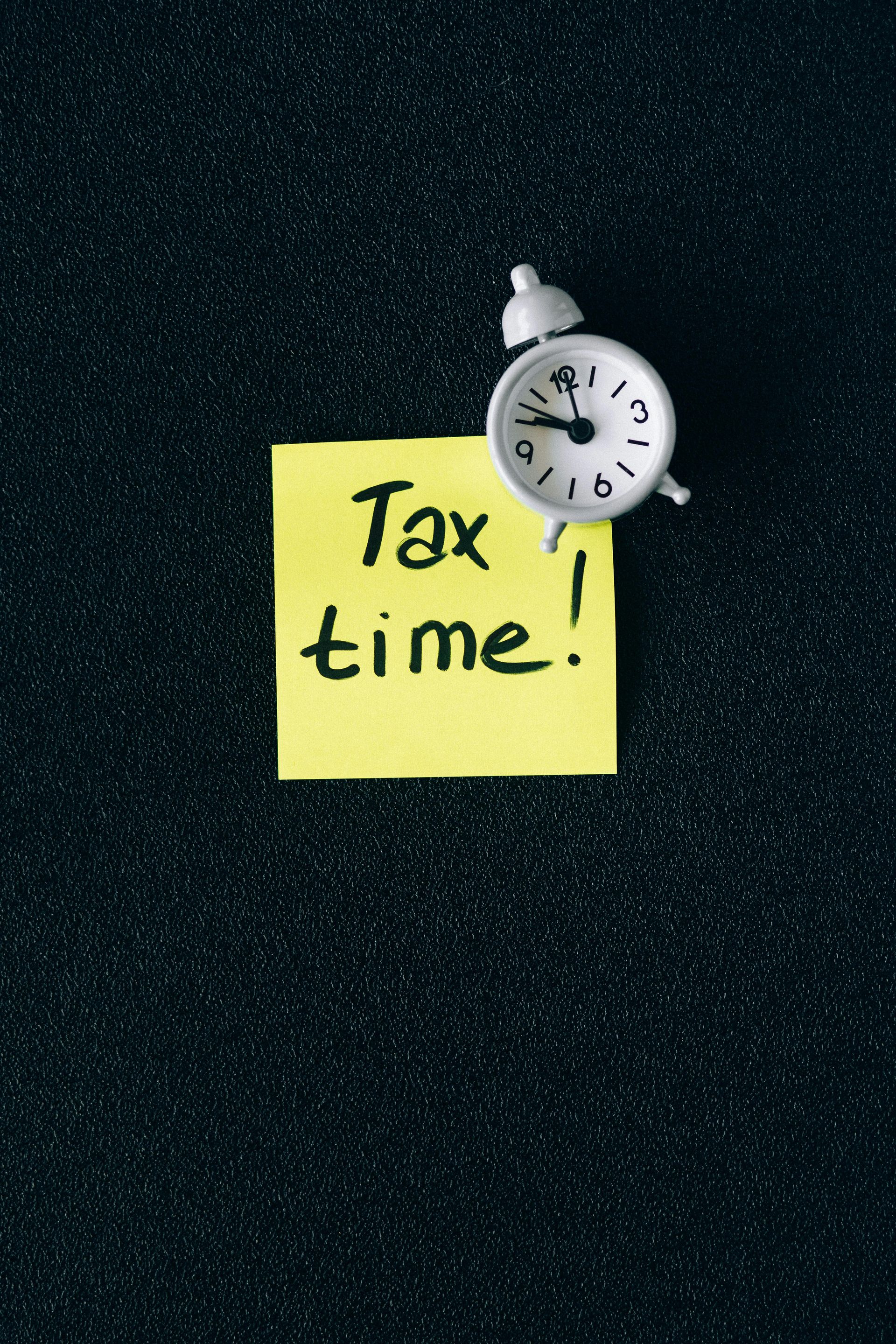ATO continues to target individuals: novated leases

As 2021 calendar year hits the half way mark, the ATO is continuing with its playbook of targeting individual taxpayers. This time, it is targeting taxpayers that have entered into novated leases to obtain vehicles. Data will be obtained from various novated lease companies for the 2018-19 to 2022-23 financial years to ensure that individuals are not overclaiming deductions.
Employers will also be targeted to ensure that FBT obligations have been met. It is estimated that records relating to approximately 260,000 individuals will be obtained each financial year.
Following on from the revelation that the bulk of tax collected by the ATO comes from individual taxpayers, it comes as no surprise that the ATO is continuing to target this sector to squeeze out every last tax dollar. This time, it has announced another new data-matching program on novated leases, this is in addition to the plethora of data-matching programs already announced this year on an eclectic range of areas including rental properties, motor vehicles, residency, contractor payments, and cryptocurrency.
By way of background, novated leases is an agreement where an employee enters into a lease with a finance company to obtain a vehicle and the employer enters into a deed of novation with the employee and the finance company. This essentially means that some of the lease obligations of the employee is transferred to the employer, and the employer is considered to be leasing the car, allowing the car to be treated like a company car. Where the employee salary packages a novated lease, they are able to salary sacrifice a portion of their pre-tax salary to pay for lease on the car, leading to tax savings.
Usually, the finance company sets an amount to cover the car’s expenses for the life of the lease including financing, fuel, servicing and repairs, registration, insurance etc, with regular deductions made to the employee’s pre-tax and post-tax salary to cover the expenses and to reduce the FBT that the employer has to pay. At the end of the lease, the employee can either choose to novate a new car, refinance the existing car for another term or pay out the residual value of the vehicle.
Under this data-matching program, the ATO will collect information on novated leases from McMillan Shakespeare Group, Smartgroup Corporation, SG Fleet Group, Eclipx Group, LeasePlan, Toyota Fleet Management, LeasePLUS and Orix Australia for the 2018-19 to 2022-23 financial years. Employee identification details obtained include name, address, date of birth, contact phone numbers, and email addresses.
It is estimated by the ATO that records relating to approximately 260,000 individuals will be obtained each financial year under the program.
Lease transaction details obtained under the program include the following:
- Lease start date, end date, expected end date, and termination date;
- number plate of vehicle;
- type of vehicle (ie new or used);
- category of vehicle (ie sedan, wagon, utility etc);
- lease per month including GST;
- items and expenses packaged with vehicle lease (ie fuel, servicing etc);
- bank account BSB, number, and name for the employee.
According to the ATO, the information will be used to educate individuals in relation to novated lease arrangements, and also to identify relevant cases for administrative action and/or compliance activity. Remember, if you as an employee enter into a novated lease arrangement, you cannot deduct the work-related portion of any expenses incurred in running the car in your tax return, this is because your employer is considered to be leasing the car and not you.
As a part of the program, employer identification details will also be obtained presumably to match against whether FBT obligations have been met. This includes trading and legal name of the employer, ABN, business and postal address, contact name, phone numbers and email addresses.
Need help with your car expenses?
Unsure if you’re in a novated lease or a hire-purchase agreement? Uncertain as to what work-related portion of your car expenses you can deduct in this year’s tax return? If you have these or other tax-related questions, we have the expertise to help you find the answers.
Email us at Robert Goodman Accountants at reception@rgoodman.com.au. © Copyright 2021 Thomson Reuters. All rights reserved. Brought to you by Robert Goodman Accountants.









